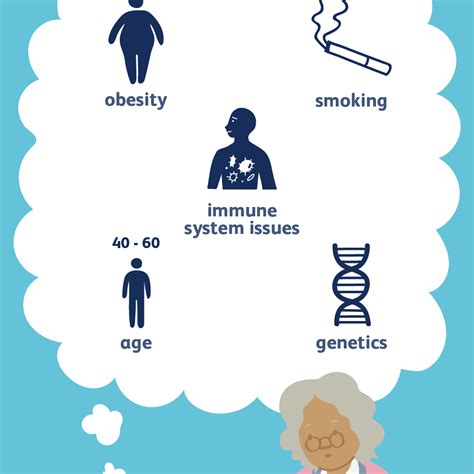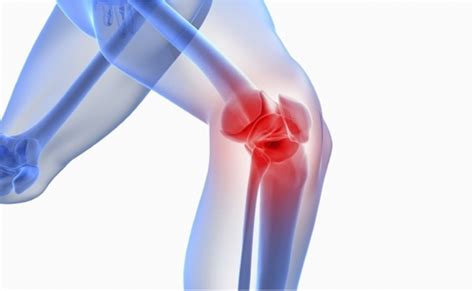Piriformis syndrome is a condition characterized by difficulty sitting or putting weight on the buttock on one side, often accompanied by muscle spasm of the piriformis muscle. This can lead to pain during a rectal exam or sciatica-type pain, particularly when the hip is moved and rotated outward against resistance. Recognized causes of piriformis syndrome include injury and repetitive motion.
Low back pain that worsens with sitting may signal a herniated lumbar disc, as certain body positions can increase pressure on a nerve. Sciatica often manifests as a burning pain extending from the lower back through the leg and sometimes to the foot. Interestingly, there is a condition common in older women, spinal stenosis, a type of arthritis of the lower back, where pain is actually eased by sitting.
Extended periods of sitting can cause the hip flexors to tighten, leading to dysfunction in the gluteal muscles. This results in poor shock absorption and motion control, which can contribute to back pain. To alleviate this, it is recommended to stand up and move periodically, stretch the buttocks muscles, and strengthen the core and back muscles.
For individuals experiencing pain that worsens with sitting, treatments typically begin with over-the-counter pain medication and exercise. Exercise is beneficial as standing and moving can relieve the pressure on the disc.
For more in-depth information on low back pain, visit Healthcare & Surgery Education Overview. Additionally, learn more about the relationship between sitting and back pain at Harvard Health and Ohio State University Health. For advice on sore backsides, visit Harvard Health, and for guidance on when to seek help for low back pain, check out Harvard Health.



